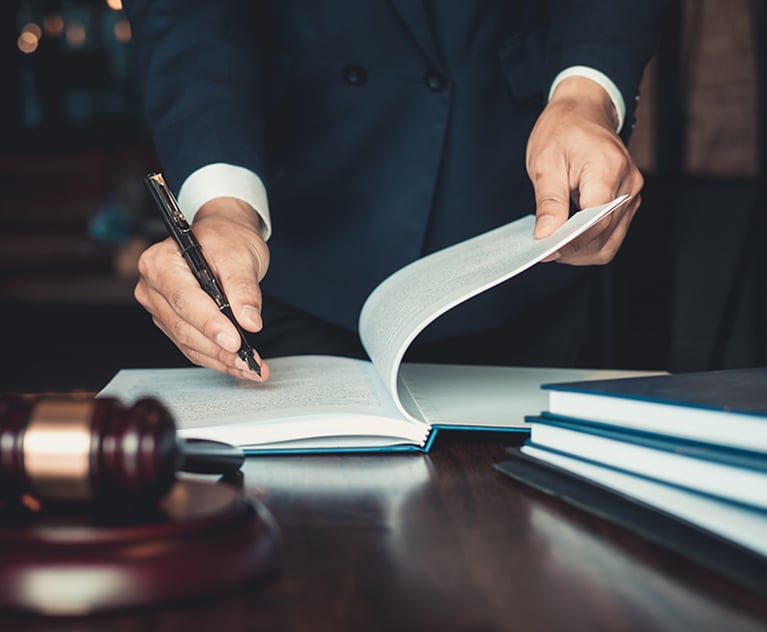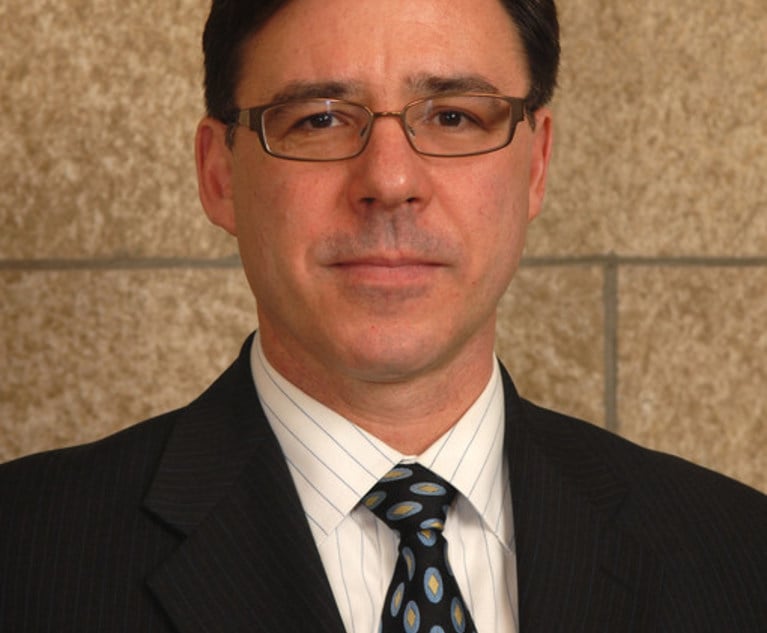Surrogate’s Courts rely on heavily interested party testimony to adjudicate trusts and estates contests. Determining what the testator’s intent was lies at the heart of many disputes, and often invokes competing stories, vague, incomplete documentary evidence, and parties with conflicting interests. We address the most common evidentiary obstacles trusts and estates litigators should be aware of, including: (1) the probate exception to the attorney-client privilege; (2) how to invoke the Three-Two Year Rule; and (3) the Dead Man’s statute.
Probate Exception to the Attorney-Client Privilege
The attorney-client privilege precludes testimony concerning confidential conversations between an attorney and client in the course of the representation. A fundamental principle which protects the attorney-client relationship, the attorney-client privilege is not unique to trusts and estates litigation, but the exception found at NY CPLR §4503(b) is.


 Photo: Shutterstock.com
Photo: Shutterstock.com




